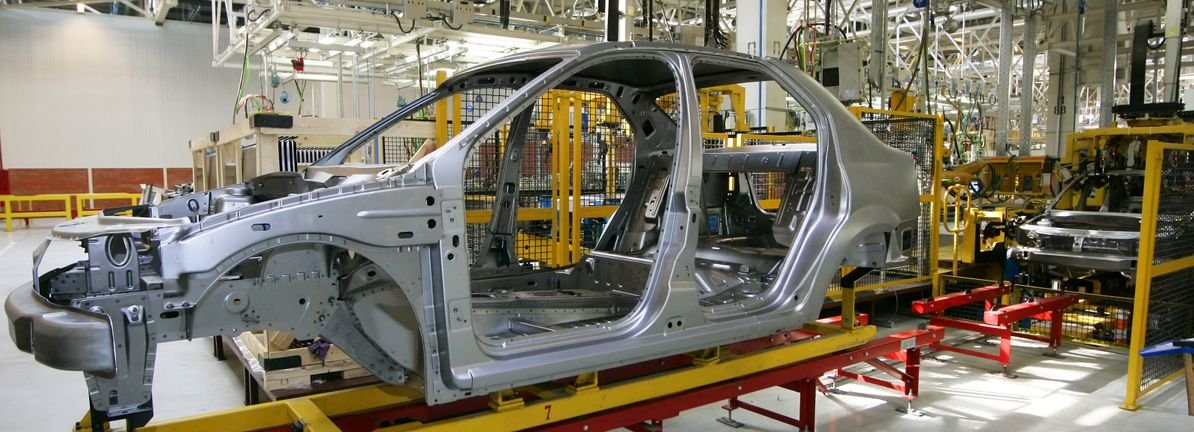It is hard to get excited after looking at Li Auto’s (NASDAQ:LI) recent performance, when its stock has declined 10% over the past month. However, a closer look at its sound financials might cause you to think again. Given that fundamentals usually drive long-term market outcomes, the company is worth looking at. Specifically, we decided to study Li Auto’s ROE in this article.
ROE or return on equity is a useful tool to assess how effectively a company can generate returns on the investment it received from its shareholders. In simpler terms, it measures the profitability of a company in relation to shareholder’s equity.
See our latest analysis for Li Auto
Return on equity can be calculated by using the formula:
Return on Equity = Net Profit (from continuing operations) ÷ Shareholders’ Equity
So, based on the above formula, the ROE for Li Auto is:
15% = CN¥10b ÷ CN¥67b (Based on the trailing twelve months to September 2024).
The ‘return’ is the income the business earned over the last year. One way to conceptualize this is that for each $1 of shareholders’ capital it has, the company made $0.15 in profit.
We have already established that ROE serves as an efficient profit-generating gauge for a company’s future earnings. We now need to evaluate how much profit the company reinvests or “retains” for future growth which then gives us an idea about the growth potential of the company. Assuming everything else remains unchanged, the higher the ROE and profit retention, the higher the growth rate of a company compared to companies that don’t necessarily bear these characteristics.
At first glance, Li Auto seems to have a decent ROE. Even when compared to the industry average of 15% the company’s ROE looks quite decent. This certainly adds some context to Li Auto’s exceptional 77% net income growth seen over the past five years. We believe that there might also be other aspects that are positively influencing the company’s earnings growth. For example, it is possible that the company’s management has made some good strategic decisions, or that the company has a low payout ratio.
As a next step, we compared Li Auto’s net income growth with the industry, and pleasingly, we found that the growth seen by the company is higher than the average industry growth of 18%.
Earnings growth is a huge factor in stock valuation. It’s important for an investor to know whether the market has priced in the company’s expected earnings growth (or decline). By doing so, they will have an idea if the stock is headed into clear blue waters or if swampy waters await. Has the market priced in the future outlook for LI? You can find out in our latest intrinsic value infographic research report.















